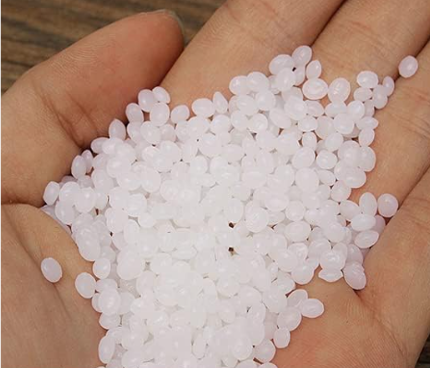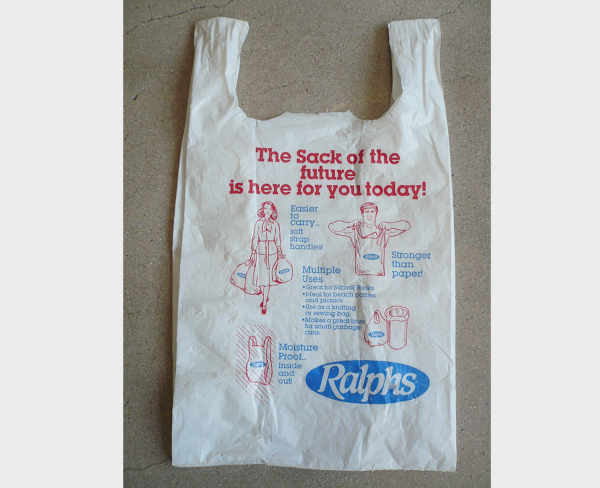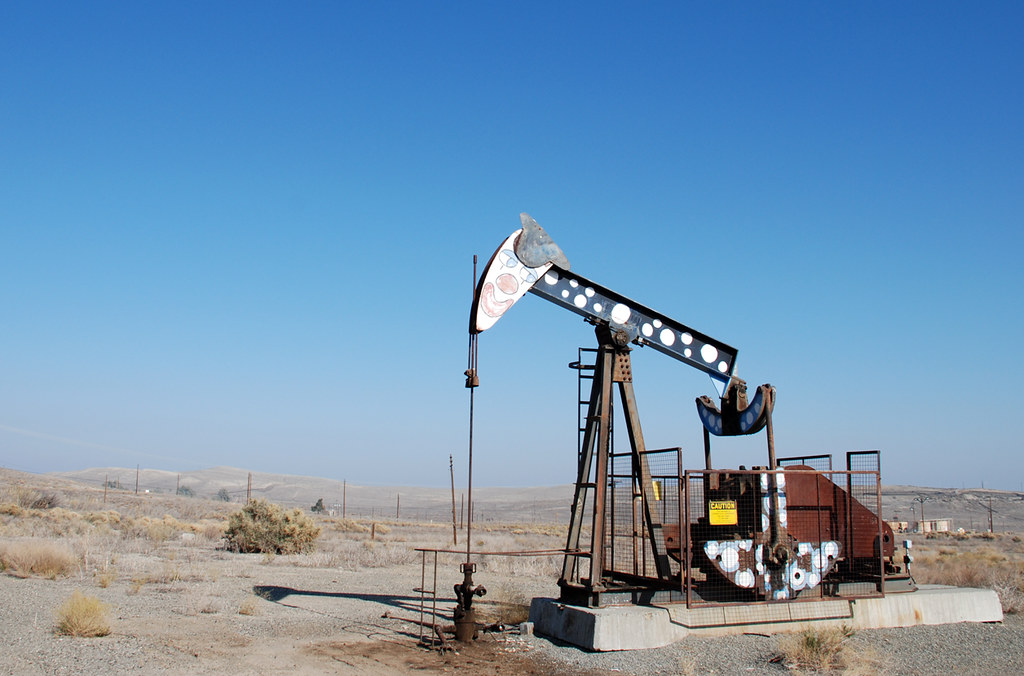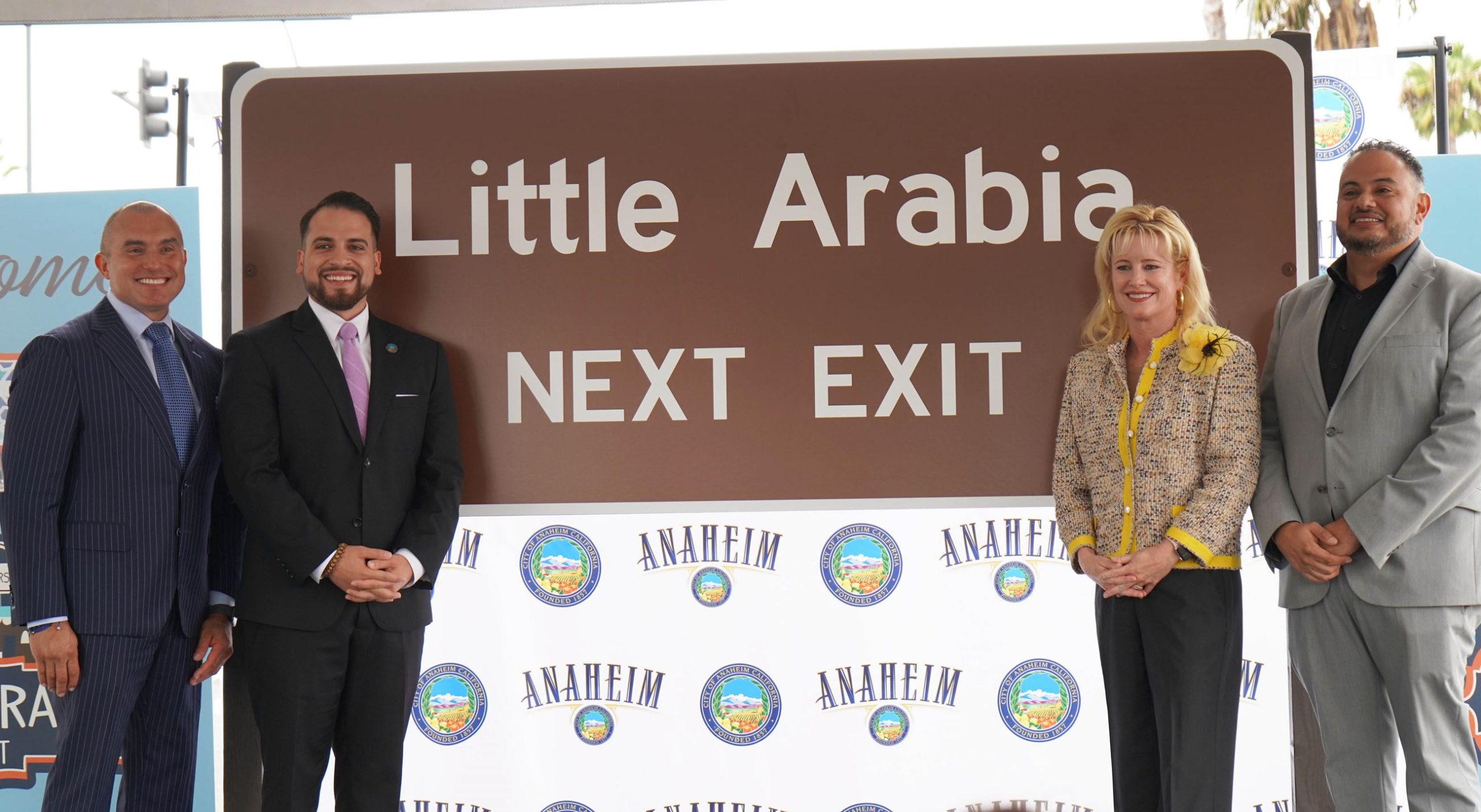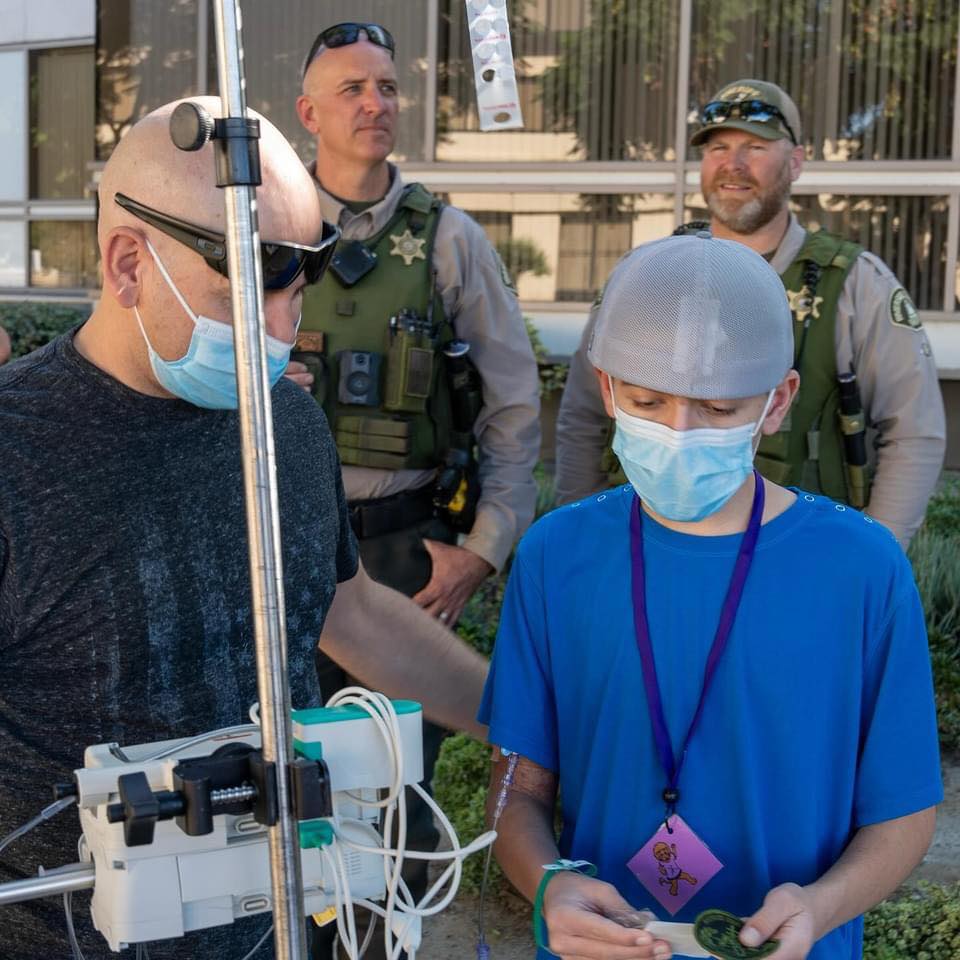Exxon Mobil Corp. is facing lawsuits from the California Department of Justice and environmental groups for an alleged decadeslong “campaign of deception” that has resulted in the global plastics pollution crisis.
California Attorney General Rob Bonta on Sunday announced the state has filed a lawsuit against global oil giant alleging violations of state nuisance, natural resources, water pollution, false advertisement and unfair competition laws. The first-of-its-kind lawsuit seeks accountability for one of the world’s largest petrochemical manufacturers for misleading the public about the recyclability of plastic and polluting California’s environment and communities, according to the AG’s office.
The state’s lawsuit was filed Monday in the San Francisco County Superior Court and claims Exxon Mobil has deceived Californians for 50 years via “misleading public statements and slick marketing” purporting that recycling was the solution to the increasing amounts of plastic waste. The suit seeks an end to the allegedly deceptive public platform and also an abatement fund, disgorgement and civil penalties for the harm done by plastics pollution to people and the environment that the attorney general estimated would be multiple billions of dollars.
In a separate lawsuit, the locally based Surfrider Foundation and Heal the Bay joined the Sierra Club and Baykeeper raised similar complaints against Exxon Mobil for the company’s alleged role in concealing the causes of the plastics pollution crisis.
“Plastics are everywhere, from the deepest parts of our oceans, the highest peaks on earth, and even in our bodies, causing irreversible damage — in ways known and unknown — to our environment and potentially our health,” Bonta said in a statement. “For decades, ExxonMobil has been deceiving the public to convince us that plastic recycling could solve the plastic waste and pollution crisis when they clearly knew this wasn’t possible. ExxonMobil lied to further its record-breaking profits at the expense of our planet and possibly jeopardizing our health.”
Exxon Mobil issued a prepared statement in response to the suit: “For decades, California officials have known their recycling system isn’t effective. They failed to act, and now they seek to blame others. Instead of suing us, they could have worked with us to fix the problem and keep plastic out of landfills. The first step would be to acknowledge what their counterparts across the U.S. know: advanced recycling works. To date, we’ve processed more than 60 million pounds of plastic waste into usable raw materials, keeping it out of landfills. We’re bringing real solutions, recycling plastic waste that couldn’t be recycled by traditional methods.”
Exxon Mobil produces the largest amount of polymers, which formulate single-use bottles and other plastic products. The company makes polymers from fossil fuels and supplies them to other companies that manufacture single-use plastic.
The suit contends that for decades Exxon Mobil falsely promoted all plastic as recyclable, when actually recycling is not feasible for the vast majority of plastic products, “either technically or economically.”
Bonta alleges that the deceptive advertising and public statements led consumers to purchase and use more single-use plastic than they otherwise would have.
“Through a trade group launched to promote recycling as an alternative to reducing plastics consumption, ExxonMobil placed a 12-page editorial-style advertisement in a July 1989 edition of Time magazine titled ‘The URGENT NEED TO RECYCLE,'” according to Bonta’s office. “This ‘advertorial’ highlighted recycling as a smart solution for plastic waste and efforts to further recycling and recycling technology.”
While only about 5% of U.S. plastic waste is recycled, and the recycling rate has never exceeded 9%, since 1970 the Exxon Mobil-backed Council for Solid Waste Solutions also adapted and promoted the chasing arrows symbol for plastics, which consumers now strongly associate with recycling, according to Bonta’s office. The lawsuit contends that marketing label misleads many to believe items with the symbol can and will be recycled.
More recently, Exxon Mobil has positioned “advanced recycling,” also called “chemical recycling,” to address the plastic waste and pollution crisis.
Advanced recycling “is an umbrella term used by the plastics industry to describe a variety of heat or solvent-based technologies that can theoretically convert certain types of plastic waste into petrochemical feedstock, which can be used to make new plastic,” according to Bonta’s office. The recycling method uses heat to break down plastic waste, which the company promotes “as a breakthrough in technology that will make plastics sustainable but hides important truths about its technical limitations.”
The advanced recycling program “is nothing more than a public relations stunt meant to encourage the public to keep purchasing single-use plastics that are fueling the plastics pollution crisis,” officials said.
The lawsuit claims that:
- 92% of plastic waste processed through advanced recycling does not become recycled plastic, but instead primarily becomes fuels;
- plastics produced through advanced recycling contain such a small amount of plastic waste “that they are effectively virgin plastics deceptively marketed as ‘circular,” which uses a term typically understood to indicate a full circle of sustainable reuse, where waste becomes raw material and sold for a profit;
- advanced recycling can’t accommodate large amounts of “post-consumer plastic waste” such as potato chip bags without compromising the safety and performance of recycling equipment;
- plastics manufactured through advanced recycling, “in ExxonMobil’s best case scenario, will only account for less than one percent of ExxonMobil’s total virgin plastic production capacity, which continues to grow,” officials said.
Exxon Mobil produces the largest amount of single-use plastic that becomes plastic waste, according to the AG’s office. More than 26 million pounds of trash has been collected from California beaches and waterways since 1985, and approximately 81% is plastic.
“Most of the plastic items collected on the annual California Coastal Cleanup Day can be traced to ExxonMobil’s polymer resins,” according to Bonta’s office. Globally an estimated 12.1 million tons of plastic waste end up as water pollution, and 19.8 million tons pollute land. “Together, that is the equivalent of 4 garbage trucks of plastic waste polluted in the water or land every minute.”
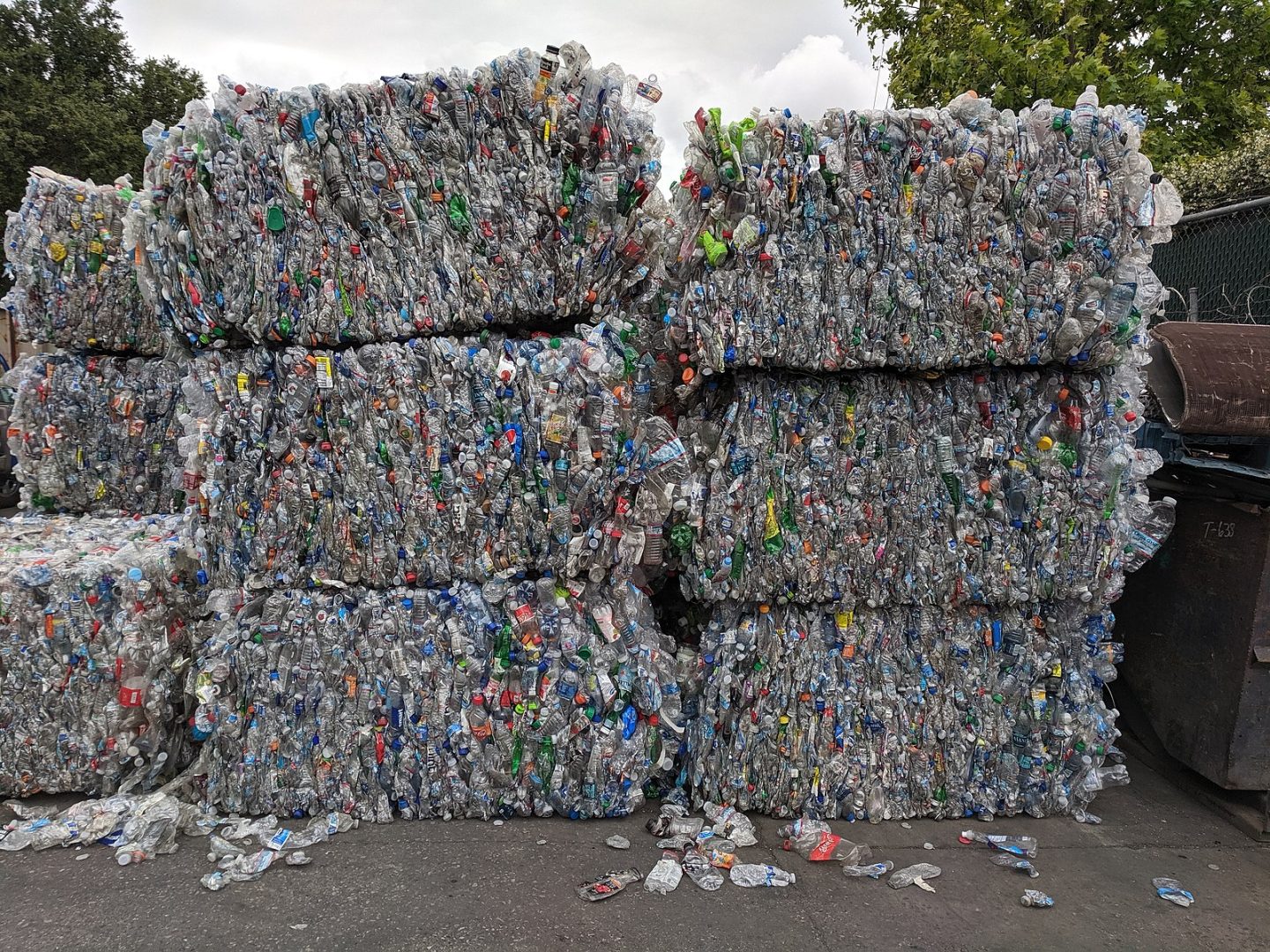
Single-use plastics such as product packaging, bags, straws, disposable plastic cups and utensils and other products comprise most of the plastic waste that pollutes the environment because plastic does not biodegrade. Instead, it breaks down into smaller pieces called microplastics, which have been found in drinking water, food and even the air. More recently, microplastics have been found in human lungs, blood and breast milk.
“Plastic is choking the life out of our ocean,” Heal the Bay President and CEO Tracy Quinn said in a statement. “It’s turning California shorelines into waste dumps. And it’s also draining our pocketbooks. California taxpayers shell out an estimated $420 million each year to clean up and prevent plastic pollution from fouling our public places. Public money should be used for public good — not subsidizing big profits for Big Plastic.”
The lawsuit complaint document is available on the attorney general’s website.

